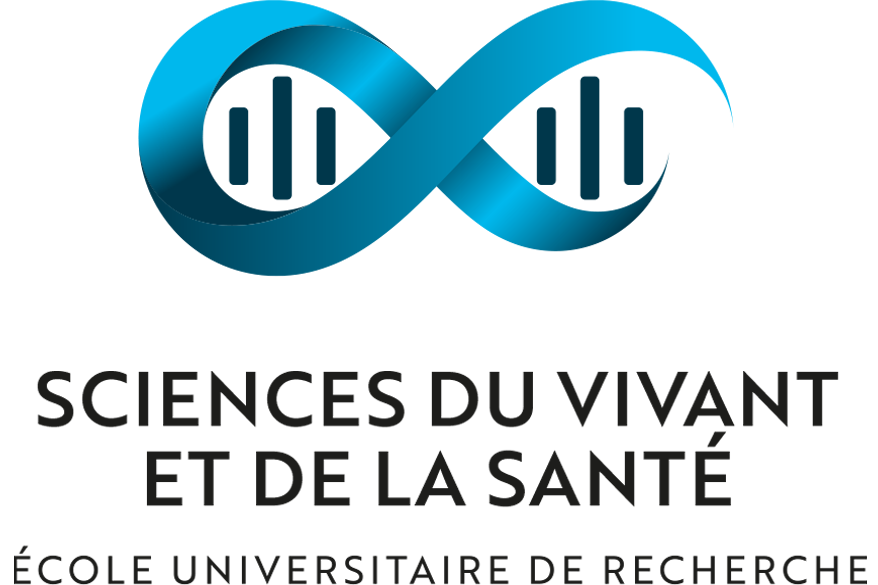ERASMUS MUNDUS JOINT MASTER : Membiomed
All MemBioMed students shall receive a welcome package at each Partner Institution with the following information:
- MemBioMed Handbook: providing an overview of the Master Programme (e.g., mobility, meaning of the joint degree, etc.) including syllabuses; information on the required internships; practical information (e.g., regarding fees, visa, accommodation, email set up, student/ staff ID cards), contact information for various services (e.g., MemBioMed Coordination Office), an overview of all lectures, contact information on lecturers and researchers, etc.
- Welcome Brochure: providing information on orientation activities for international students (e.g., campus tours) and other relevant information specific to the Partner Institution where students are hosted.

To discover the welcome guide provided by the University Cote d'Azur, click here.


In the beginning of each semester, each Full Partner University hosting MemBioMed students will organize, in collaboration with the local International Relations Office and the MemBioMed Coordination Office (MCO), an Integration Week (semester 1) and Kick-off Days (semester 2 and 3) in order to offer orientation to the students and to provide them with information about language courses, housing, and other practicalities. This information will be delivered in the form of oral presentations and will be backed up with the Welcome Package. Videoconferencing may also be used in order to introduce all Local Academic Coordinators to the students.
Students will have access to facilities at each of the universities they are enrolled in. This includes free of charge access to university libraries from the consortium universities, local language courses and sport facilities.

